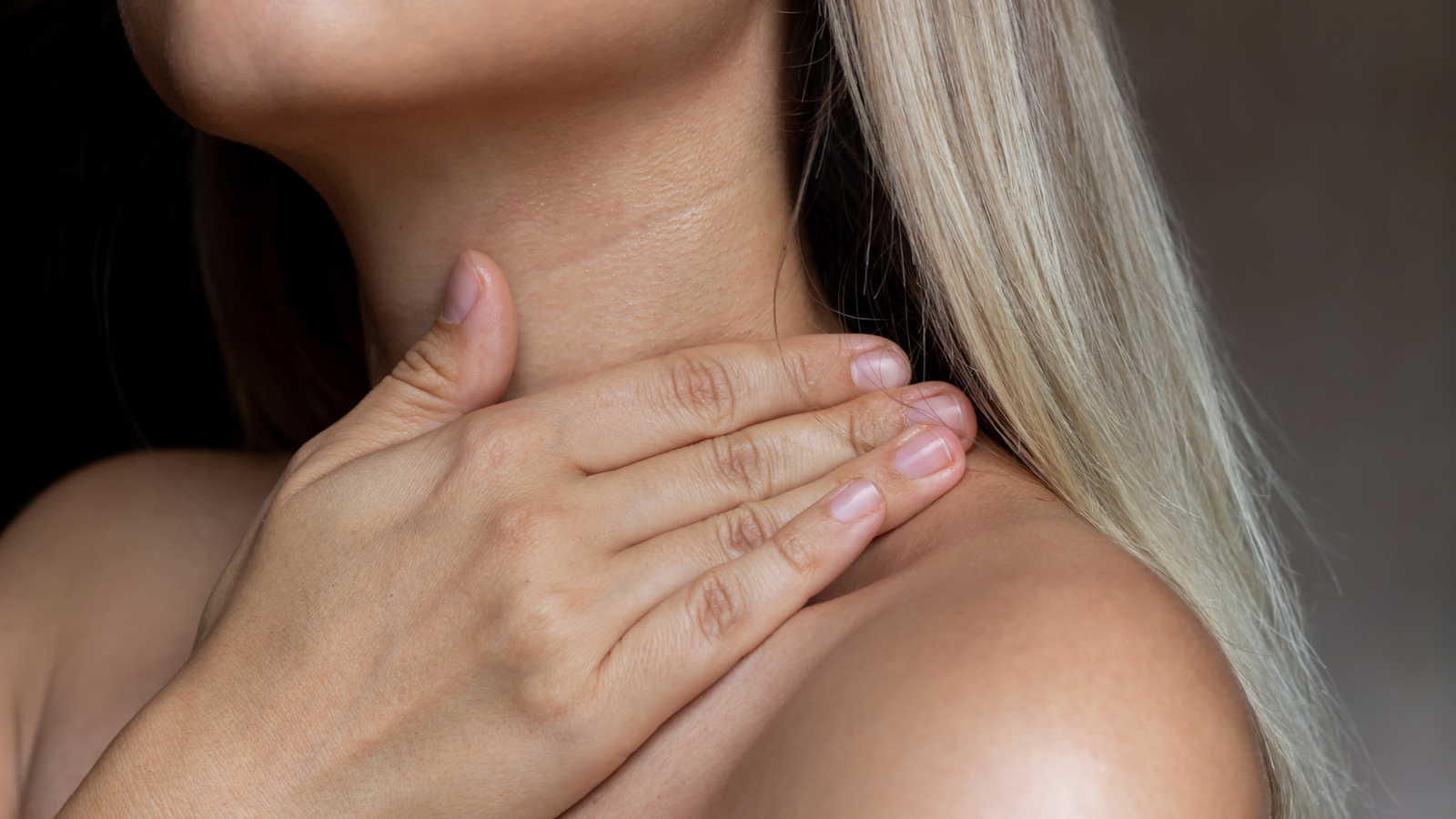
Perimenopause, the period of time leading up to menopause, is an experience half the population will have in their lifetime, but the knowledge gap surrounding this life stage can leave many feeling confused and frustrated. We’re here to help! Perimenopause and menopause are often characterized by symptoms like hot flashes, night sweats, mood swings, and vaginal dryness. However, one symptom that is often overlooked is itchiness. Many women experience itching and discomfort during perimenopause, and it can be an uncomfortable experience. Here’s what you need to know about perimenopausal itching and what you can do to find sweet relief.
Vaginal Itching During Perimenopause
Vaginal itching is a common symptom of perimenopause. As estrogen levels begin to fluctuate, the tissues in the vaginal area can become dry and thin. Vaginal dryness often leads to irritation and vaginal itching. This can make activities like sex, exercise and even walking or sitting particularly uncomfortable.
To find relief from vaginal itching, it's important to stay hydrated and maintain a healthy diet. Drinking plenty of water and consuming foods rich in omega-3 fatty acids, like fish and nuts, can help keep your vaginal tissues moist and healthy. You may also want to try using a water-based lubricant during sex to reduce friction and irritation.
For more tips and advice check out Perry, the perimenopause app, a thriving community where you can connect with other women who are going through the same experience.
Vulva Itching During Perimenopause
The vulva is the external genital area that surrounds the vagina, and it can become itchy and irritated as hormone levels fluctuate. As intimate skin becomes thinner and drier during perimenopause, it can also become more sensitive. Products like scented feminine washes, bubble bath, and even shampoo or body wash with sulfates can become particularly irritating and lead to an itchy vulva. During perimenopause, you may also become more susceptible to vulvovaginal infections like yeast infections or bacterial vaginosis.
Itchy sweet spots can be particularly frustrating at night, when many women find themselves unable to fall asleep because of severe itching. To find relief from vulva itching, it's important to avoid using harsh soaps or other products that can dry out the skin. Instead, opt for gentle, fragrance-free products like SweetSpot Labs Intimate & Body Cleansers. You may also consider using an intimate moisturizer like Hydrate Ever After, which is specifically formulated to replenish natural moisture and help prevent itching and discomfort.
When you need instant relief, reach for ultra-rich Rescue Balm to soothe and calm an itchy, irritated vulva.
Body Itching/Eczema During Perimenopause
Finally, some women may experience general body itching or eczema flare-ups during perimenopause. This is likely due to changes in hormone levels, which can affect the skin's ability to retain moisture and regulate inflammation. Stress can also play a role in exacerbating skin conditions like eczema.
To find relief from body itching and eczema, it's important to moisturize regularly with a gentle, fragrance-free lotion. Look for products that contain ingredients like ceramides and hyaluronic acid, which can help improve the skin barrier and retain moisture. Switch to a soap-free body wash like this one with colloidal oatmeal and try Rescue Balm for targeted moisture wherever you need it. You may also want to practice stress-reducing techniques like meditation or yoga.
Perimenopause can be a challenging and uncomfortable time, but there are things you can do to find relief from itching and discomfort. Remember, you're not alone in this experience – Perry is a great resource for connecting with like-minded women finding their way through this stage of life.
This website is for informational purposes only and not to be considered as medical advice. This information is not intended to diagnose, prescribe, treat, or cure any medical condition.



